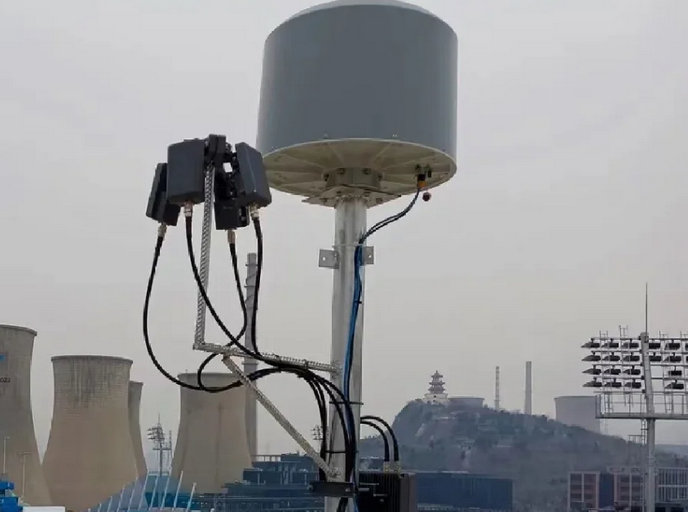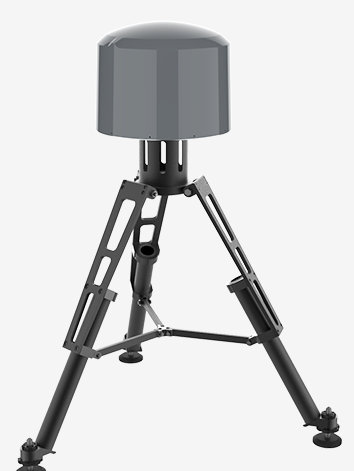
manufacturers of anti-uav defense system (AUDS) of change UAV navigation BT2000, UAV flight computer, UAV power system! suppliers of anti-uav defense system (AUDS),best UAVs, drone defense parts in china.
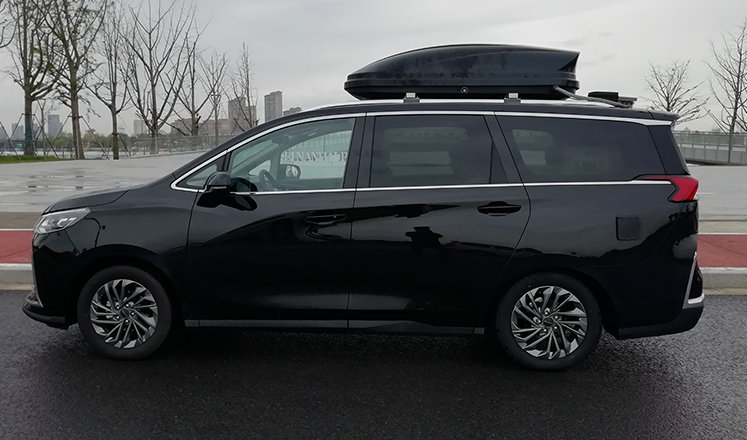
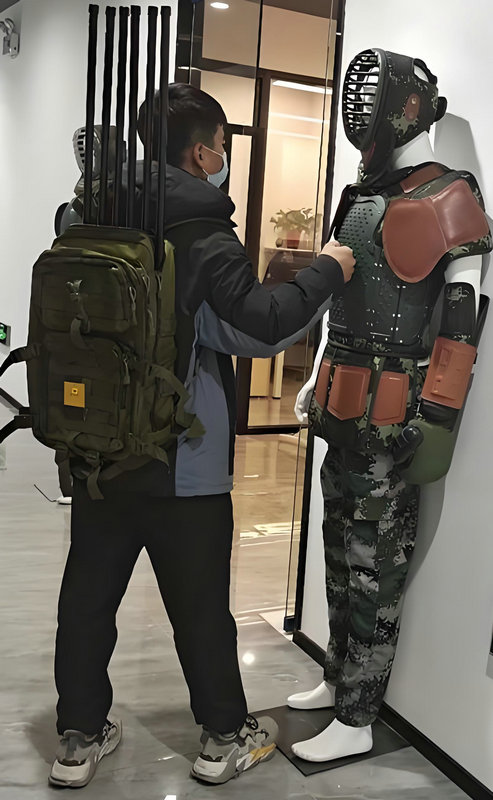
the BT-2000 low-altitude drone active defense and anti-UAV system is specially developed to deal with various security issues brought by drones. It rewrites the drone navigation system by radiating low-power regenerated navigation satellite signals to achieve Intercept and control the drones.
this prevents drones from flying into the protected area and ensures the low-altitude safety of the area. This method is currently the only defense method that can meet the technical requirement of transmitting power ≤10mw in the prevention requirements.
the anti-drone system can be expanded to integrate radio detection functions, realize integrated design of inspection and control, support stand-alone work and network work, and is suitable for units with major anti-terrorism prevention needs such as power systems, petroleum and petrochemicals, and energy.
for power grid enterprises, thermal power generation enterprises, hydropower generation enterprises, wind power generation enterprises, solar power generation enterprises, nuclear power generation enterprises and other fields.
a derivative controller, helps in controlling a system by looking at how fast things are changing. It pays attention to how quickly the difference between the desired value and the actual value is changing. it looks at how fast the altitude is changing and calculates the derivative of this change. This helps the controller make adjustments to keep things in balance and prevent things from changing too quickly.
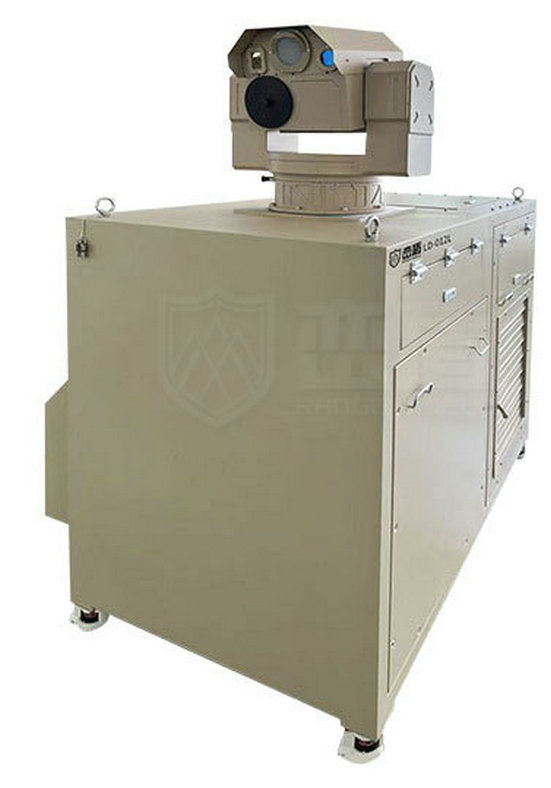
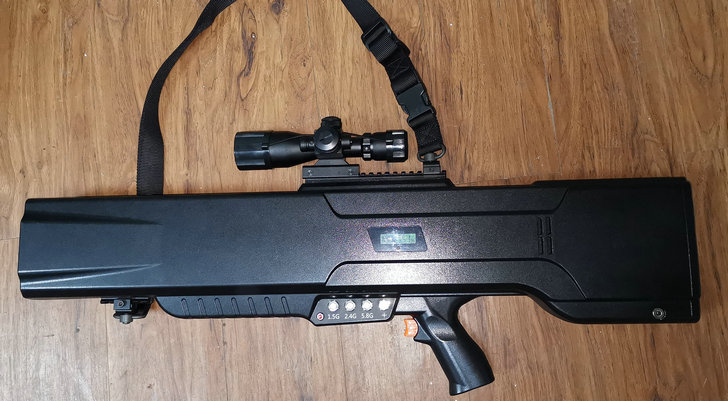
the characteristics of the anti-drone system are low radiation power, less than 10mw. it has multiple civilian simulation functions and can choose to transmit signals according to specific usage scenarios. it can work independently or can change drone navigation under the guidance of radar and other positioning equipment. the anti-drone system is suitable for complex electromagnetic environments and harsh climate environments, and can work continuously 7*24 hours.
some individuals or organizations use drone jammers to protect their privacy, particularly in cases where drones are used for unauthorized surveillance or filming. drone jammers can be deployed in mobile or stationary configurations, depending on the specific application. Mobile systems are often used for temporary events, while stationary systems are used for fixed installations. drone jammers come in various ranges, from short-range devices that cover a few hundred meters to long-range systems that can disrupt drones at several kilometers away.
| types | anti-uav defense system (AUDS) of change UAV navigation BT2000 | ||||||||
| working distance | 500m | ||||||||
| working frequency | Civilian UAV navigation frequency band | ||||||||
| signal power | less than 10dBm | ||||||||
| power consumption | less than 30w | ||||||||
| power supply | 220V,POE | ||||||||
| working temperature | -40 degrees ~ 70 degrees | ||||||||
| storage temperature | -40 degrees ~ 85 degrees | ||||||||
| protection grade | IP66 | ||||||||
| size | 450*450*400mm | ||||||||
| anti-uav defense system (AUDS) of change UAV navigations BT2000, mini UAV,camera drones, best UAV, adults drones, big UAV systems,AUDS, CUAS,PTZ,PID,RTK,UWB, TDOA, UAVs | |||||||||
|---|---|---|---|---|---|---|---|---|---|
- home
- products
- contact
- equipments
- AUDS systems
- TDOA systems
- change UAV navigation 2000
- UAV scout hit combines 3000
- scout edit UAV fly 4000
- scout hit edit UAV 5000
- anti drone system JDY6000
- AOA systems
- vehicle mounted AUDS
- anti drone jammer guns
- anti UAV boxes
- all frequency jammers
- AUDS for public safety
- CUAS for electric power
- TDOA for petroleums
- AUDS for military bases
- CUAS for aviation airport
- TDOA for prison guard
